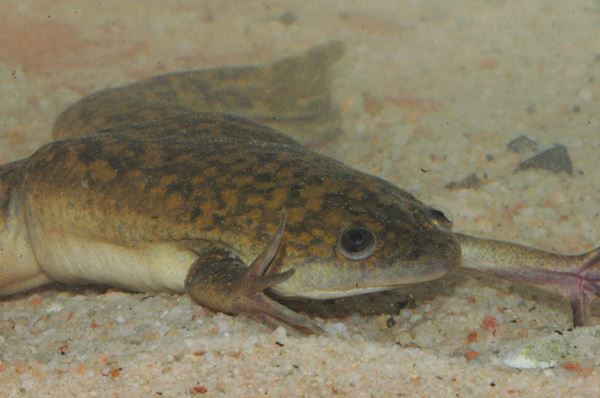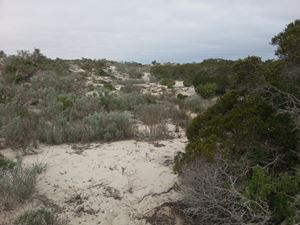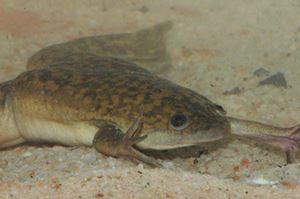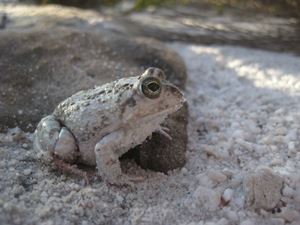Exploring the Dispersal Patterns of Domestic Exotic: Xenopus laevis
Exploring the Dispersal Patterns of Domestic Exotic: Xenopuslaevis
The African Clawed Frog, Xenopuslaevis, is one of the world's most widely distributed amphibians with invasive populations having become established on four continents due to both accidental escape and voluntary release of laboratory animals. Xenopuslaevis has been implicated in the global transmission of disease includingchytridiomycosis, a disease cited as one of the principal causes for the global decline in amphibians. The focus of this project is to use genetics to determine the dispersal of naturally occurring populations of X. laevis in the Sunday's River Valley. The student will work with a SAIAB team to sample populations one hour from campus. Genetic studies will then take place in the new R2 million Zoology Genetics Lab. This project will suit a student who has good laboratory skills and wishes to obtain experience with genetics. This project is eligible for a bursary from the DST-NRF Centre of Excellence for Invasive Biology. Bursary applications are expected to open ijthe 4th quarter of 2014 for a January 2015 start (visit http://academic.sun.ac.za/cib).
Project Info
- Date | 13/05/2015
- Category | Honours Projects



